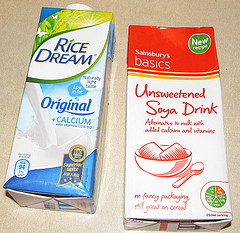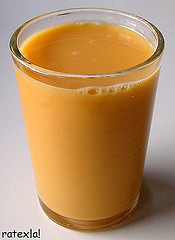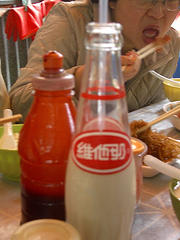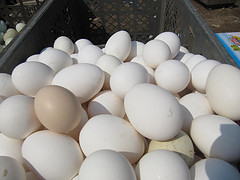
flic.kr/fEcQgF
An emulsifying substance, lecithin has been touted for years as a wonder food, replete with countless medical benefits, among them is having positive lecithin side effects on persons combating multiple sclerosis, cirrhosis of the liver, tremors, atherosclerosis, gall stones, psoriasis, eczema, scleroderma, anxiety, and brain aging. But what is lecithin? Now we ask, why does it have all these lecithin side effects? Read more . . .


